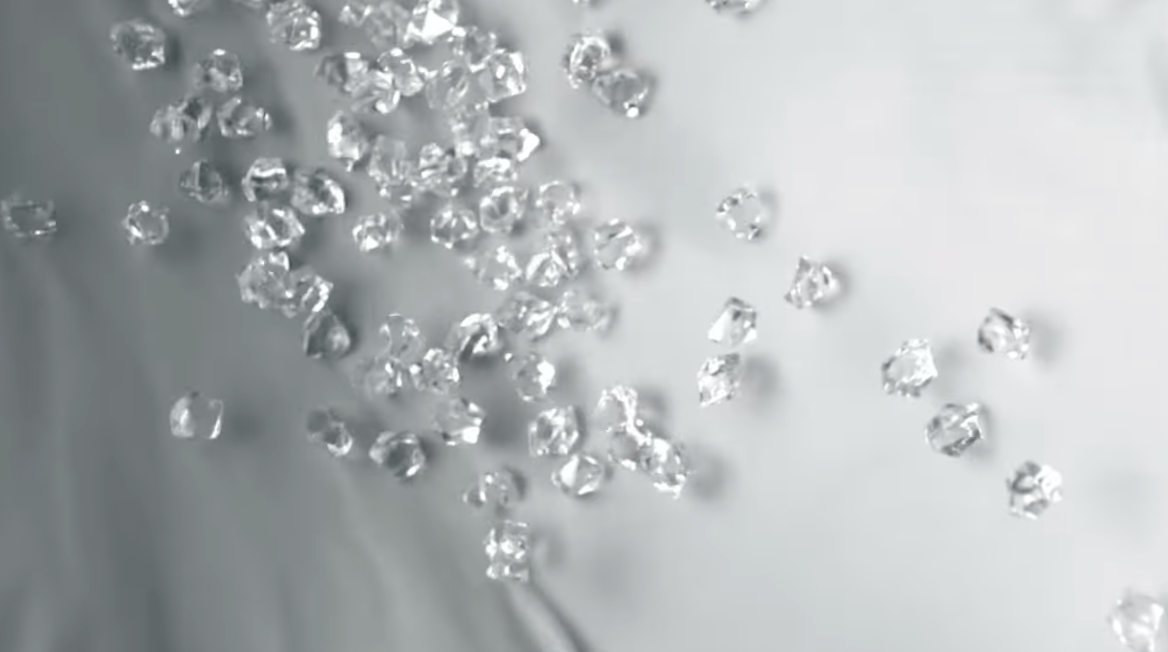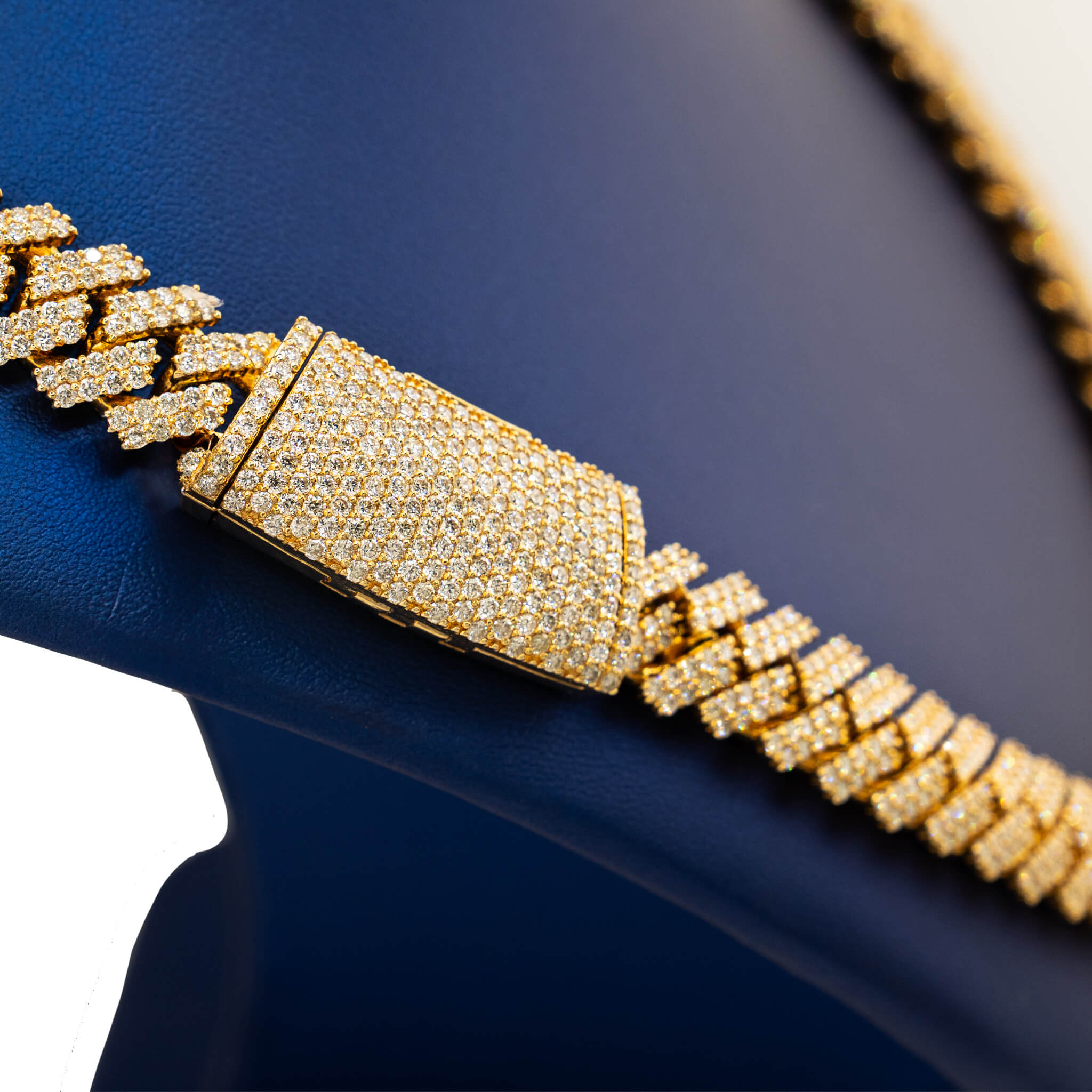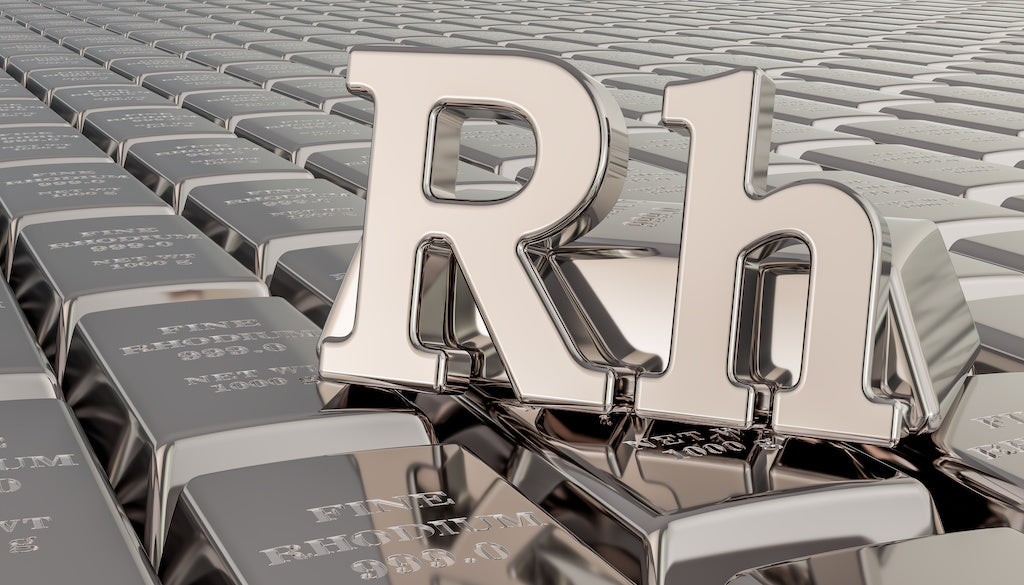
Are Lab Diamonds Better Than Natural Diamonds?
This whole CVD versus natural diamond conversation has gone too far. I have this discussion, in some form, every single day. And I'm here to settle once and for all. With lab diamonds seemingly coming on the rise, what do the experts have to say about them?
The True Value of Diamonds
When I first started in this jewelry game, diamonds were just the standard. And when it came to diamonds, it was always natural diamonds—never anything lab-grown. I came into this world not knowing anything about lab diamonds, where they came from, how they were made—nothing. It was either diamonds or CZs. But little by little, day by day, month by month, and especially in the last two years, I've been diving into CVD diamonds, HPHT diamonds, and anything grown in a lab—even Moissanite.
So, I started researching to differentiate between them, see if there's more value in one over the other. In my research how the diamond market works, I discovered there’s really no significant value in natural diamonds. And I know that’s shocking for many people, but that’s just my opinion.
A Diamond is Forever
For years, we've been told diamonds are rare. “A Diamond is Forever,” they told us. I’m sure you've heard De Beers' marketing campaigns, which are still on TV. But the reality was, they were choking supply and controlling access. With supply and demand rules, they inflated prices.
Then, lab diamonds came in. And they’re exactly the same thing. Machines can’t even fully detect if it's a lab-grown diamond. There’s even an excellent long-format documentary on Showtime called "Nothing Lasts Forever", covering if diamonds can be made in a lab, why are we still mining them?
Sure, people should buy natural diamonds if that’s what they want. Just know that there’s little resale value and no real intrinsic value. And since a lab diamond is chemically and optically identical - for a quarter of the price - you can make your own decision. Nowadays, I get loads of requests for lab diamonds, especially for engagement rings. I’m making lab diamond bust-down chains, rings, and earrings in high volume. It’s less expensive, and it’s the same thing.
What Jewelry Experts Say about Lab Diamonds
I also wanted to bring in some of my good friends to share their thoughts. I asked jewelry enthusiasts, actual jewelers, and certified gemologists, “What do you think about lab diamonds versus natural diamonds?”
Angel: I enjoy moissanite, and I’m a fan of lab diamonds. I call the lab diamond “Ralph.” But that multi-millionaire who worked hard to buy a Porsche doesn’t want a kit car Porsche. Think of it like a Honda Accord with all the features—it has similar features to luxury cars, but they both depreciate. I think it’s important for educated jewelers to provide options—Moissanite, lab, or natural diamonds—and let customers make the decision that best suits their wallet. The person buying Moissanite wants the same flash factor as the millionaire buying natural diamonds, but it’s two different lifestyles and tax brackets. So I get both sides. Buy what makes you happy, but a millionaire isn’t going to listen to someone outside his level. Lab diamonds’ acceptability will grow when big brands like Tiffany, Bulgari, and Cartier embrace them. I don’t see Moissanite gaining that level of respect, but maybe over time as more people understand it.
Julio: I’m Julio, the owner of GOLDZENN. Gus asked for my honest opinion on lab diamonds versus natural diamonds. They're the same thing. Lab diamonds are more affordable, while natural diamonds are pricier. I’ve been to clubs with Moissanites and natural diamonds—no one notices. It’s all about the shine. If you have the money, go for natural diamonds. But diamonds don’t hold value; it’s all just hype.
Erica: I’m Erica, a diamond setter and a GIA-certified gemologist. My opinion on lab-grown diamonds is that they’re the same as natural diamonds. Lab-grown diamonds and natural diamonds are identical. There are diamond stimulants, like CZs and Moissanite, which simulate diamonds but aren’t diamonds. My GIA teacher gave a great example: Ice can form naturally, like from snow, or we can make it in a freezer. Both are ice, but one is natural. The same goes for diamonds.
Continue the Conversation
I hope this encourages conversation: CVD, HPHT, lab diamonds, or natural diamonds? Maybe you think natural diamonds are still rare or you just want a real diamond, even if lab diamonds are identical. I want to know what everyone thinks.
If you’re considering diamond jewelry with lab diamonds—engagement rings, Moissanite, CZs, whatever—do you think natural diamonds are a waste of money?


